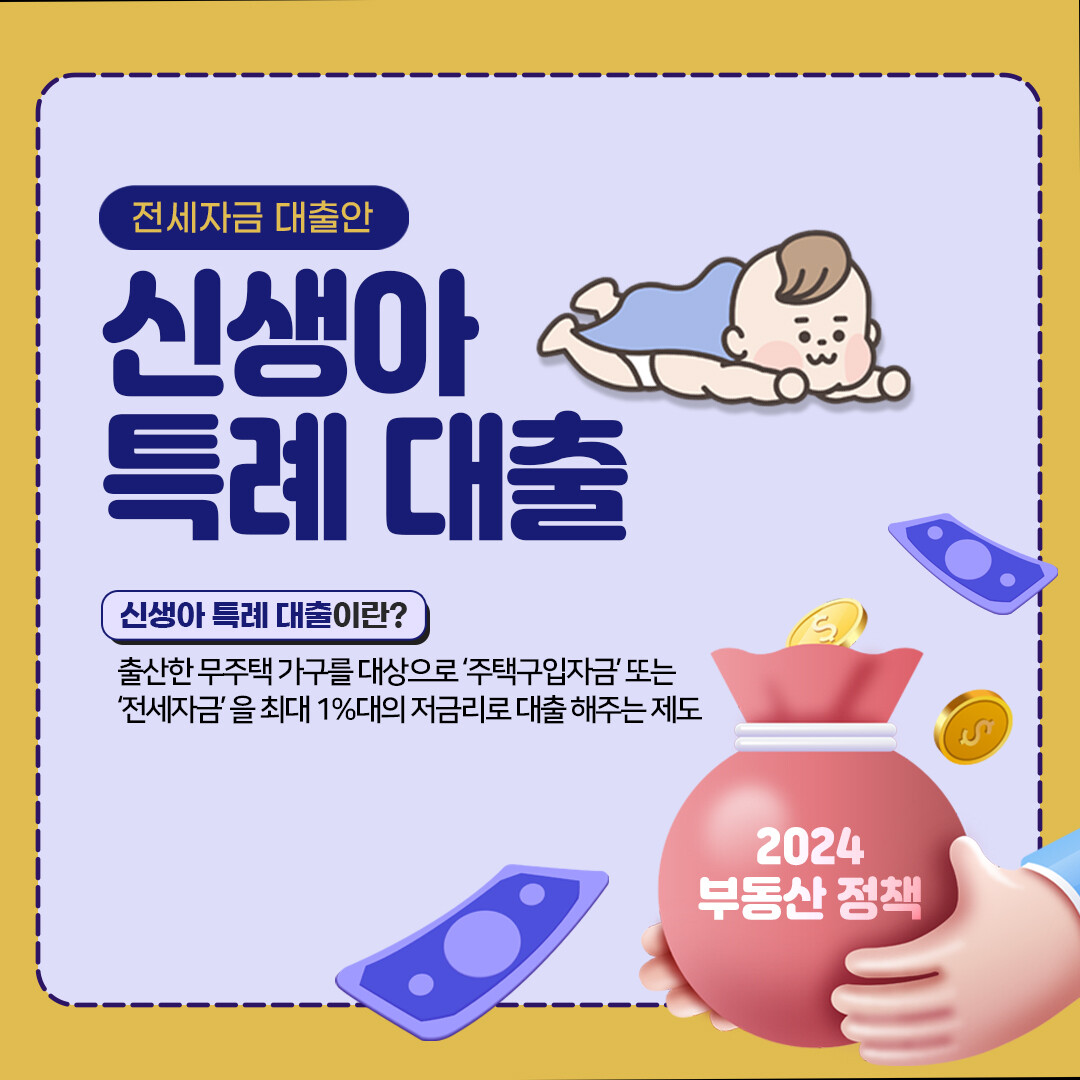
A loan program designed to combat low birth rates by offering preferential terms to families with newborns is being disproportionately used by high-income households, raising concerns about its effectiveness.
Data from Rep. Park Yong-gap of the Democratic Party of Korea shows that in the past year, high-income earners (annual income exceeding ₩85 million) took out 4,356 of the "Newborn Special Loans," 1.8 times the 2,351 loans taken out by low-income earners (annual income below ₩40 million). The number of loan refinancing cases for homeowners was also 3.9 times higher for high-income earners.
The Newborn Special Loan program provides low-interest loans for housing purchases or leases to households within two years of childbirth or adoption. Despite relaxed income requirements, the higher usage rate among high-income earners suggests that low-income families may be facing challenges such as insufficient loan amounts or difficulties passing credit evaluations.
Rep. Park Yong-gap questioned whether the loan program, intended to boost birth rates, is instead being utilized by middle- and upper-class individuals for interest reduction and debt relief.
[Copyright (c) Global Economic Times. All Rights Reserved.]






























